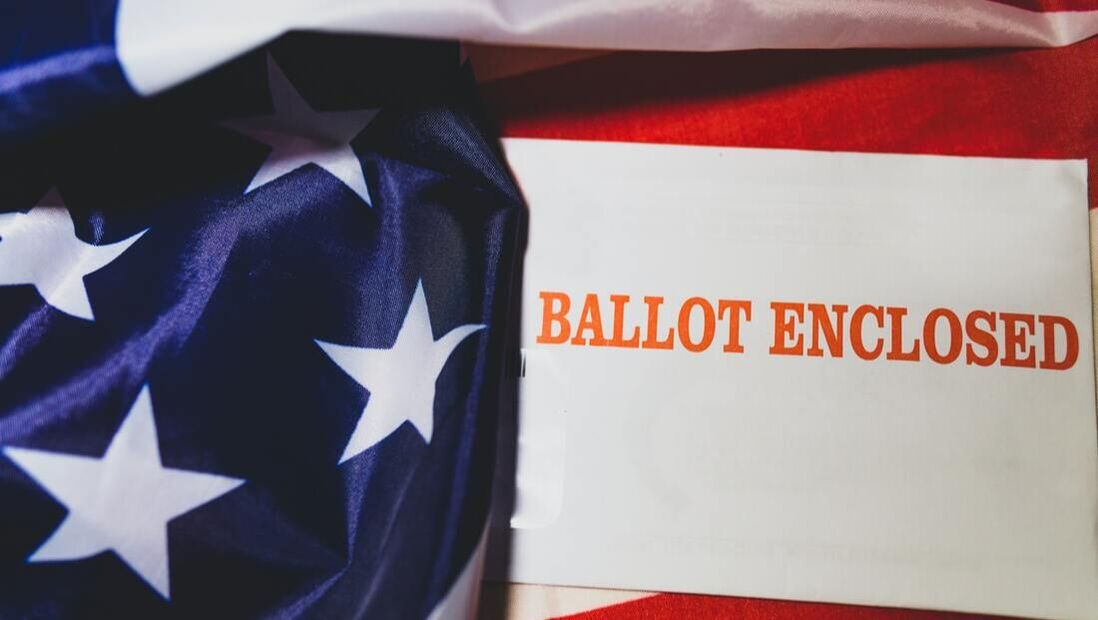|
As the centrifugal force of polarization makes blue states bluer and red states redder, both blue and red are showing a desire to curb each other’s freedom of speech.
Late last year, we reported on the action of U.S. District Judge Robert Pitman to block a Texas law designed to crack down on the perceived censorship by large social media companies of conservative posts and ideas. Judge Pitman reminded Texas Republican leaders that the same First Amendment that protects Americans against government censorship also protects the rights of companies to moderate their content. The U.S. Supreme Court in May further blocked the Texas law from taking effect, sending it back to federal court for further deliberations. In Washington state, a Democratic state legislator is gaining support for a bill that would make it a crime, publishable by up to a year incarceration, for a candidate or elected official who “knowingly makes false statements or claims regarding the election process or election results, which statement or claims are made for the purpose of undermining the election process or election results and are directed to inciting or producing imminent lawless action …” The appeal of this reaction to the violent Capitol Hill mob on January 6, 2021, is obvious. But the bill and the thinking behind it is a menace to Americans’ freedoms. Let us count the ways.
In New York state, a similar bill would prohibit online platforms from algorithmically promoting categories of information, including “a false statement of fact or fraudulent medical theory that is likely to endanger the safety or health of the public.” Here, again, are we sure we always know what is a lie and what is the truth? With fast evolving diseases, science is always shifting. The claim that the coronavirus could be the result of a lab leak was once vigorously censored by social media and denounced by the CDC until the weight of evidence forced a reassessment by U.S. government agencies that a lab leak is in fact a viable theory.
In a comprehensive wrap-up of state bills that criminalize speech, New York Times writers Steven Lee Myers and Cecilia Kang predict that “the cacophony of state bills and legal maneuvers … could reinforce information bubbles in a nation increasingly divided over a variety of issues – including abortion, guns, the environment – and along geographic lines.” Such anti-speech bills of the liberal and the conservative varieties aim to take America back to the failed approach of the Alien and Sedition Acts of the John Adams administration, or the Red Scare crackdown in the aftermath of World War One. Truth remains the best antidote to lies. Comments are closed.
|
Archives
June 2024
Categories
All
|
ABOUT |
ISSUES |
TAKE ACTION |



 RSS Feed
RSS Feed